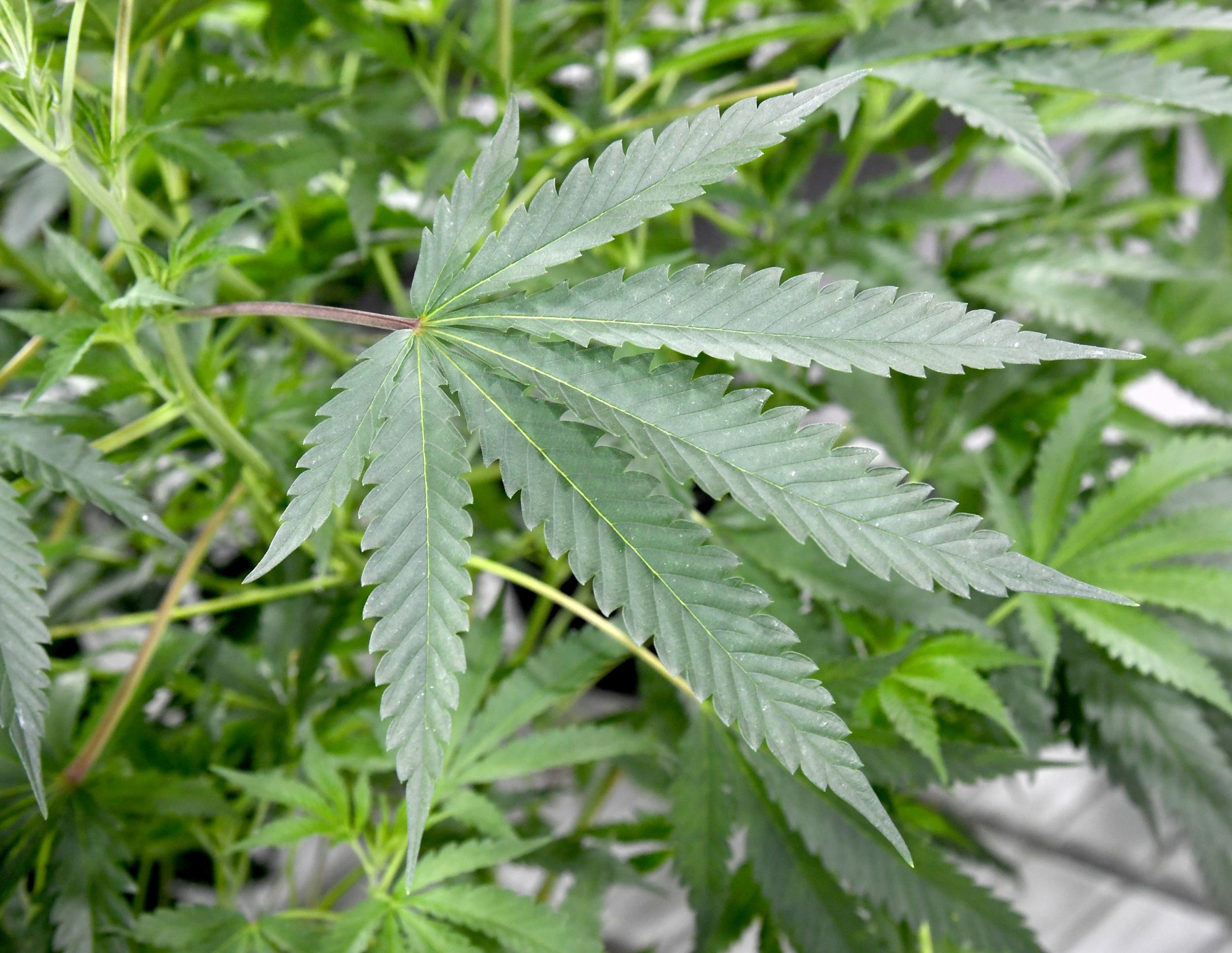Number of pregnant women using marijuana rises as California relaxes laws
Increase especially sharp among young women, rising from 12.5 percent to nearly 22 percent for mothers to be under the age of 24

Your support helps us to tell the story
From reproductive rights to climate change to Big Tech, The Independent is on the ground when the story is developing. Whether it's investigating the financials of Elon Musk's pro-Trump PAC or producing our latest documentary, 'The A Word', which shines a light on the American women fighting for reproductive rights, we know how important it is to parse out the facts from the messaging.
At such a critical moment in US history, we need reporters on the ground. Your donation allows us to keep sending journalists to speak to both sides of the story.
The Independent is trusted by Americans across the entire political spectrum. And unlike many other quality news outlets, we choose not to lock Americans out of our reporting and analysis with paywalls. We believe quality journalism should be available to everyone, paid for by those who can afford it.
Your support makes all the difference.The number of pregnant women using marijuana has risen in California since the state relaxed its drug laws, a new study has found.
The increase was especially sharp among young women, rising from 12.5 percent to nearly 22 percent for mothers to be under the age of 24, in the years between 2009 and 2016.
Overall there was a rise from around 4 percent to around 7 percent, researchers from healthcare consortium, Kaiser Permanente Northern California, found.
Researchers examined screening data that encompassed some 280,000 women who were tested between 2009 and 2016.
The findings were published in the Journal of the American Medical Association.
The report does not directly draw a connection between the increase and laxer marijuana laws. But the period covered coincides with California steadily loosening penalties for marijuana use, mirroring a national trend.
But the study's author's wrote that "continued monitoring of trends, exposure timing, and offspring outcomes is important as marijuana potency rises in an increasingly permissive legal landscape."
In 2010, then-Governor Arnold Schwarzenegger signed a law downgrading possession of an ounce or less from a misdemeanour to an infraction, meaning a punishment of a fine, rather than imprisonment.
Californians voted to legalise recreational use of the drug in 2016. The first shops authorised to sell the drug are set to open in the new year.
Opponents of decriminalising or legalising cannabis warn it will undermine public health, pointing in particular to the risk of increased use among teenagers whose developing brains are more vulnerable.
California’s initiative requires marijuana products to bear labels warning of potential health hazards, including that marijuana use while pregnant or breastfeeding could be harmful.
Subscribe to Independent Premium to bookmark this article
Want to bookmark your favourite articles and stories to read or reference later? Start your Independent Premium subscription today.
Join our commenting forum
Join thought-provoking conversations, follow other Independent readers and see their replies
Comments